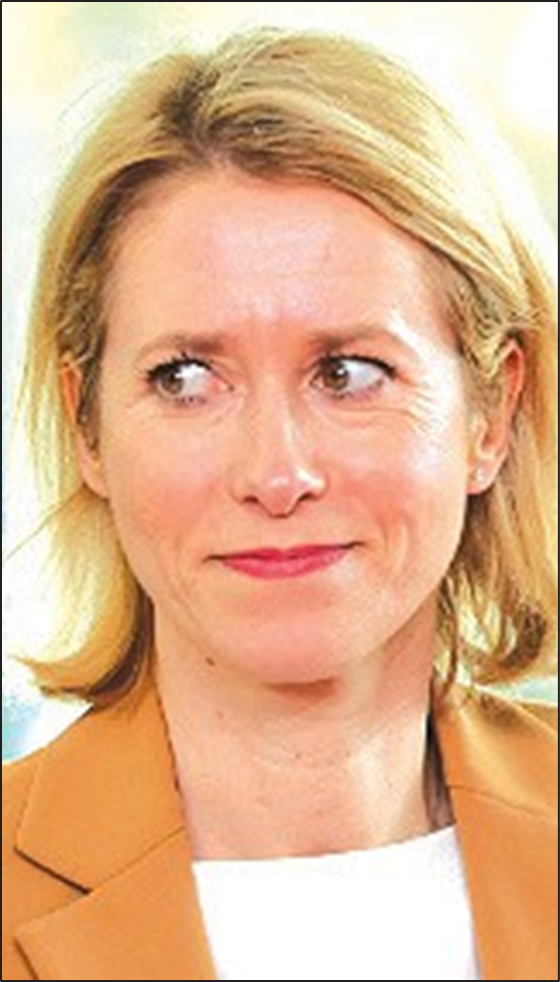August 16, 2024
 Members from three of the EU’s eight parliamentary factions havepublicly criticized EU foreign policy czar Josep Borrell for sending a representative to the inauguration of President Masud Pezeshkian.
Members from three of the EU’s eight parliamentary factions havepublicly criticized EU foreign policy czar Josep Borrell for sending a representative to the inauguration of President Masud Pezeshkian.
There has been a lot of criticism from around the EU, indicating the surging European disgust with Iran. At the International Atomic Energy Agency (IAEA), the EU states have actually been more critical of Iran than the United States.
At the last two quarterly meetings of the IAEA Board of Governors, the EU states pushed for a resolution expressing irritation with Iran. The US opposed the move, arguing it wouldn’t convince Iran to change, just to dig even deeper into its hostile position.
The EU dropped the resolution at the first quarterly meeting but insisted on going through with it at the more recent meeting. The US then caved and voted for it. Only Russia and China voted against it. At the EU, much of the criticism has been aimed at Borrell, who has often defended Iran and argued against any tough actions against it. Borrell is about to be dropped from his position and is to be replaced by Estonia’s former prime minister, Kaja Kallas, who is considered to be less tolerant of the Islamic Republic.
Borrell did not attend Pezeshkian’s inauguration but sent his deputy, Enrique Mora, saying the EU should be represented at the “diplomatic level,” but not at the political level. Mora is a career diplomat; Borrell is appointed as a European political official. The criticism came from members of three of the EU’s eight factions that encompass 30 percent of the parliament’s membership.
In a letter to Borrell, Polish MEP Adam Bielan from the European Conservatives and Reformists group said it was “not appropriate” for Brussels to be represented at the inauguration “as this would legitimize the Iranian regime.” Bielan, who is his group’s coordinator for foreign policy, wrote, “This decision is not only misguided but stands in direct contradiction to the values and principles that the European Union purports to uphold.
We expect a swift and appropriate response to ensure that our foreign policy remains consistent with our shared values and commitments. “Iran’s persistent support for terrorist activities and destabilizing actions across the region poses a direct threat to global security and contradicts the EU’s commitment to democracy and human rights,” added Bielan. “Engaging diplomatically with such a regime at this juncture is highly inappropriate and dangerous.
It undermines the integrity of our foreign policy and sends a message of tacit approval to a government that flagrantly violates human rights and international norms,” he wrote. Another member of the European Parliament, Netherlander Bart Groothuis, from the Liberal Renew group, called the EU’s decision to attend the inauguration was “unacceptable.” German Green Hannah Neumann posted on X, “We are so ready for change at the highest and some lower levels,” in a clear reference to Borrell nearing the end of his term as the EU’s foreign affairs chief.
























